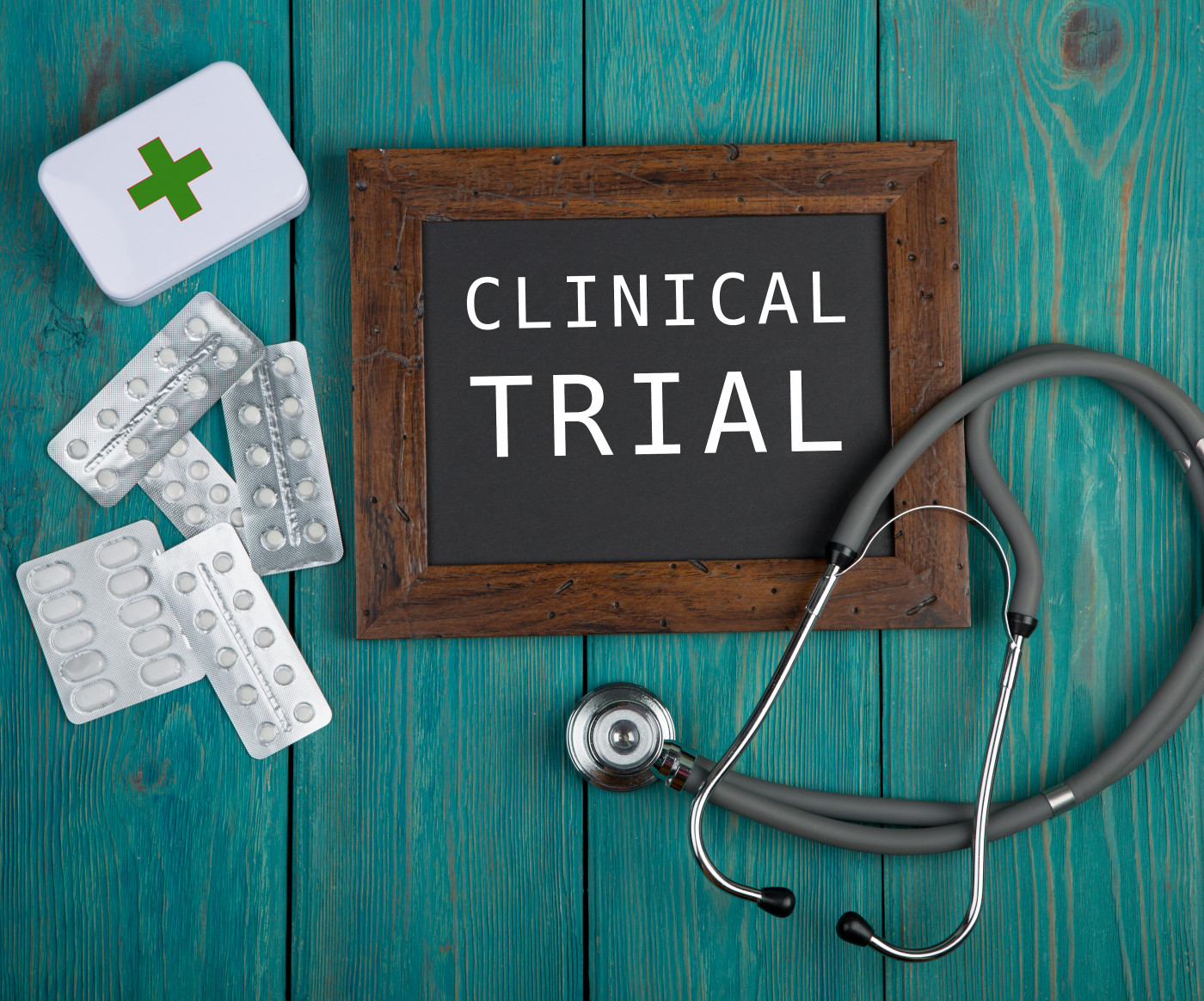High-dose Vitamin B12 May Improve ALS Prognosis if Started Early, Study Suggests

Treatment with ultra-high-dose methylcobalamin, the physiologically active form of vitamin B12, may improve the prognosis of patients with amyotrophic lateral sclerosis (ALS) who receive it a year or less after symptom onset, a long-term study of Japanese reports.
But the compound, given twice weekly, did not help those people whose symptoms were evident for between one and three years, and no one showed significant benefits.
The research paper, “Ultra-high-dose methylcobalamin in amyotrophic lateral sclerosis: a long-term phase II/III randomised controlled study,” was published in the Journal of Neurology, Neurosurgery & Psychiatry.
Vitamin B12 is particularly important in the development and function of the central nervous system (CNS) — the spinal cord and the brain. It is also involved in the maturation of red blood cells and the production of DNA, the genetic material inside all cells.
Methylcobalamin is an active form of vitamin B12 that can be used as a dietary supplement and can help treat a type of anemia called megaloblastic anemia.
Due to its important role in the CNS, the vitamin is also used to help treat peripheral neuropathy, a disorder of the nerves that send information from the CNS to the rest of the body. In some countries like Japan, it is seen as a potential treatment for ALS.
Several pieces of scientific evidence support this. A study showed that methylcobalamin was able to decrease homocysteine levels. This molecule’s accumulation has been linked with motor neuron degeneration in patients with ALS.
A preclinical study done in a mouse model of ALS (wobbler mice) showed that treatment with an ultra-high dose of methylcobalamin inhibits disease progression.
Discuss the latest research in the ALS News Today forums!
A preliminary clinical study with ALS patients demonstrated an improvement in their muscle electrical activity after two weeks of ultra-high-doses of B12 injections into the muscle.
Some data also suggests that, if started early in the course of ALS, an ultra-high-dose of methylcobalamin may prolong ventilation-free survival.
Based on these results, scientists at Tokushima University Hospital and Suzuka University of Medical Science, in Japan, conducted a long-term Phase 2/3 clinical trial (NCT00444613) to evaluate the efficacy and safety of ultra-high-dose methylcobalamin treatment for ALS.
The study was a randomized, double-blind, placebo-controlled trial carried out at 51 sites in Japan. It examined a group of 373 ALS patients whose symptoms began three or fewer years earlier.
Participants were randomly assigned to either one of three groups: placebo, 25 mg, or 50 mg of methylcobalamin, given twice a week, by injection into the muscle. The treatment continued for 3.5 years (182 weeks), and the study was completed by 260 of the patients.
The primary efficacy measures were the patients’ survival rate (time to death or full ventilation support) and their changes in functional ability (measured by ALSFRS-R scores).
Results showed that receiving methylcobalamin did not lead to any significant differences either in survival rates or ALS functional scores, when compared with placebo.
However, a posterior analysis done specifically in those methylcobalamin-treated patients who were diagnosed and started the study earlier (a year or less after symptom onset) showed that methylcobalamin exhibited efficacy, or a trend towards efficacy.
These patients survived longer, or took longer to require ventilation support, and experienced a slowdown in functional capacity decline, compared with the placebo group.
Moreover, the magnitude of this effect significantly depended on the dosage: median time to death, or ventilation support, was 570 days for placebo, 1,087 days for 25 mg, and 1,197 days for 50 mg methylcobalamin groups. The delay in worsening functions followed the same dose-dependent trend.
There were no differences in the incidence of treatment-related adverse events between the groups. Such episodes were reported in 4.1%, 7.3%, and 5.7% in the placebo, 25 mg and 50 mg methylcobalamin groups, respectively.
“In conclusion, ultra-high-dose methylcobalamin was not found to be significantly superior to placebo. However, ultra-high-dose methylcobalamin therapy may improve the prognosis of patients with ALS, if administered early in the disease course,” the researchers wrote.
Considering the latter possibility, treatments that were considered failures in previous clinical trials “could be reanalyzed for potential efficacy in ALS, taking into account the duration of the disease at the start of therapy.”
Therefore, using diagnostic criteria that enables earlier identification of the disease and “a change in the physician’s attitude towards offering an early diagnosis and treatment” could result in better ALS patient outcomes.






